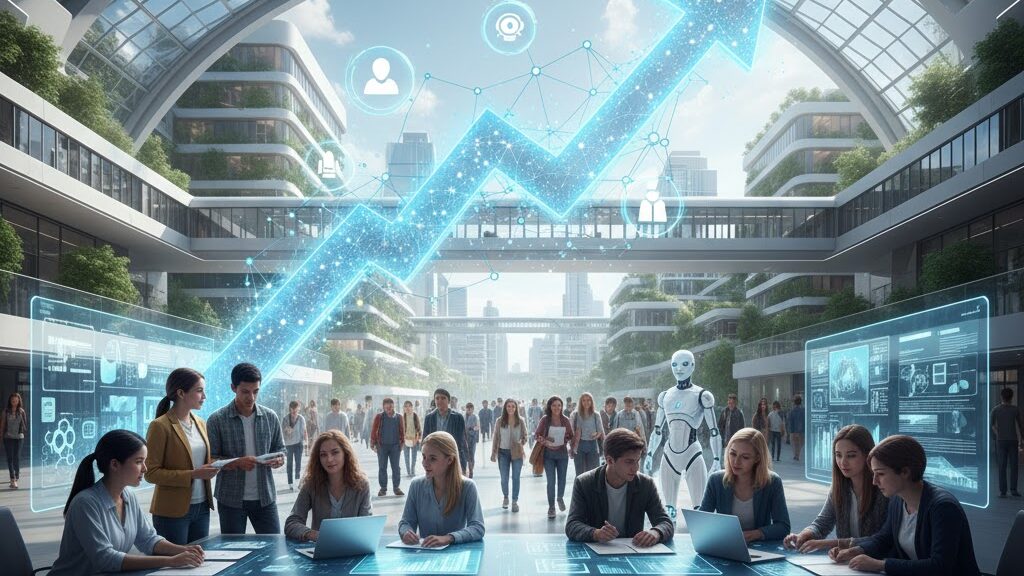
Source
World Economic Forum
Summary
Mallik Tatipamula and Azad Madni argue that education systems must evolve rapidly to prepare workers for the AI-native, autonomous, and ethically aligned economy of the future. While AI is expected to displace 92 million jobs globally, it will also create 170 million new roles requiring AI literacy, ethical judgment, and transdisciplinary thinking. The authors call for a “transdisciplinary systems mindset” in education—integrating physical sciences, life sciences, computation, and engineering—to equip graduates with creative, contextual, and ethical reasoning skills that AI cannot replicate. Future success will depend less on narrow technical expertise and more on the ability to collaborate across disciplines, apply systems thinking, and use AI to augment human potential responsibly.
Key Points
- AI will both displace and create millions of jobs, demanding rapid educational adaptation.
- Education must prioritise AI literacy, ethics, and cognitive resilience alongside technical skills.
- A “net-positive AI framework” should ensure technology benefits society and human cognition.
- Transdisciplinary curricula combining science, engineering, and ethics are vital for future-ready workers.
- Physical AI, data fluency, and human-AI collaboration will become core competencies.
- Universities should promote challenge-driven learning and convergence hubs for innovation.
Keywords
URL
https://www.weforum.org/stories/2025/10/education-disruptive-ai-workforce-opportunities/
Summary generated by ChatGPT 5

